Mom urged to forgive teen daughter for encouraging infidelity; says, ‘I honestly don’t feel anything for them anymore.’ AITA?
Following the persuasion of your daughter, who made a fairytale of her father’s “tragic love story” with his ex, your ex was to go on and cheat on you. Its no wonder this betrayal hurt so badly– it shattered your marriage, and threw your trust in your daughter out of the window. It was bungled and insensitive to say the least, siding with your father and saying that he is happier than you feel to be the one dating a parent at some point, ignoring the time and care and love you put in for this man. After your divorce, she tried to “take care of you” but it doesn’t sound like any of that healed the emotional wounds from her place in the affair.
Six months later, your ex and daughter remind you of how much you all loved each other, and they are doing nice things for you (because acts of service speak louder than volume when a person can not take back what they did) while you are not even mildly pleased. Especially your daughter begging you for forgiveness when family members trunk pushing to make peace with all this. You may not actually still be angry, but the detachment of your heart makes you wonder if there is a forgiveness process in or if these all matter in her stature.
Read for more info Reddit

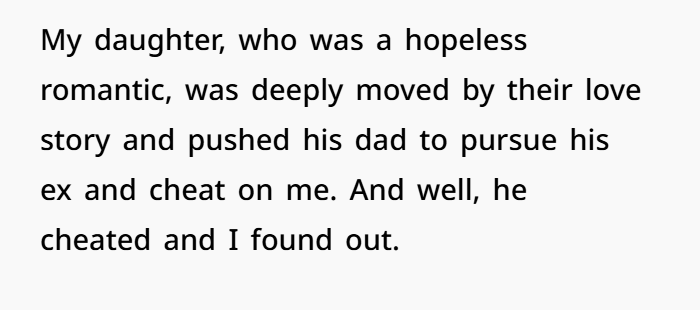

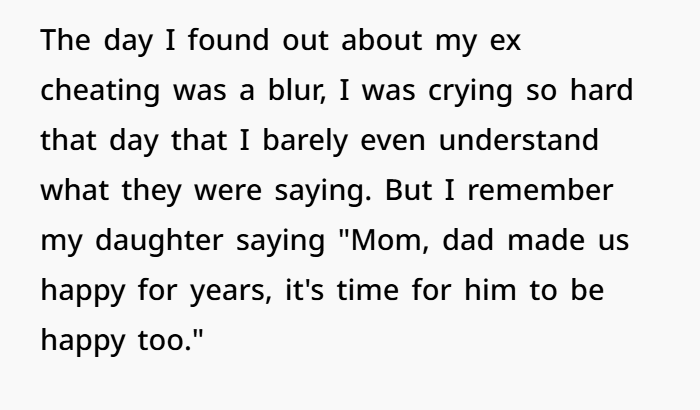
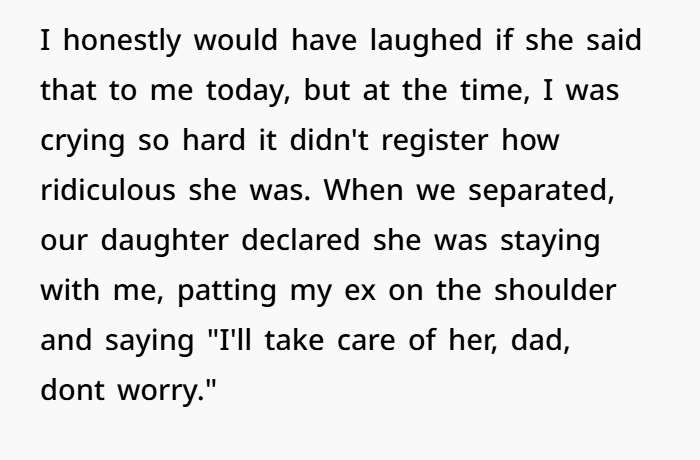
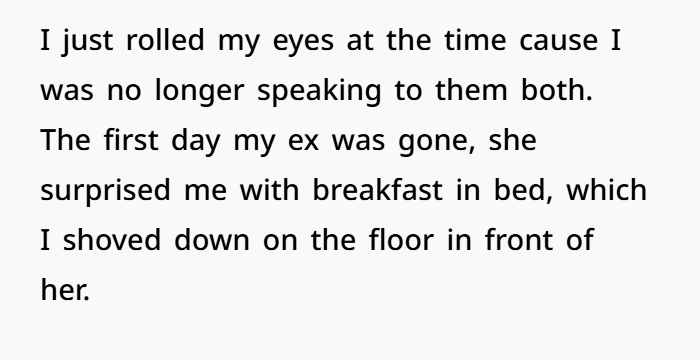
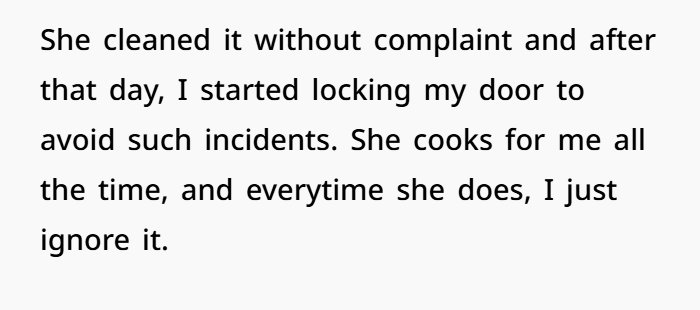

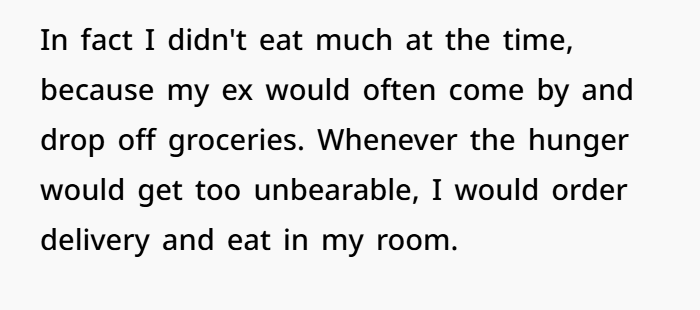

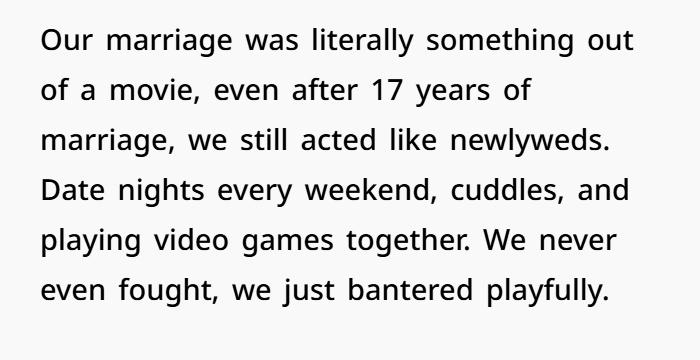

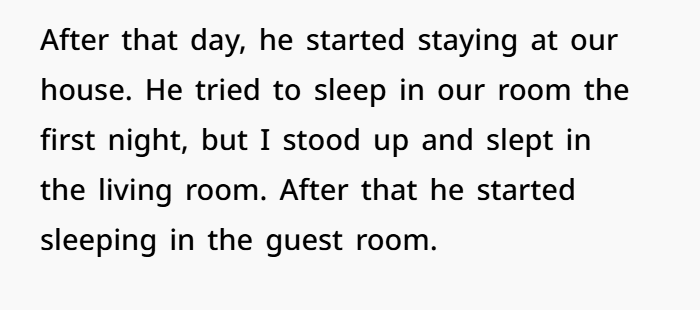
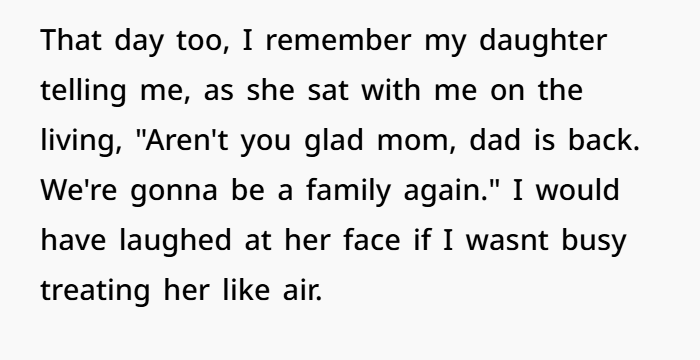
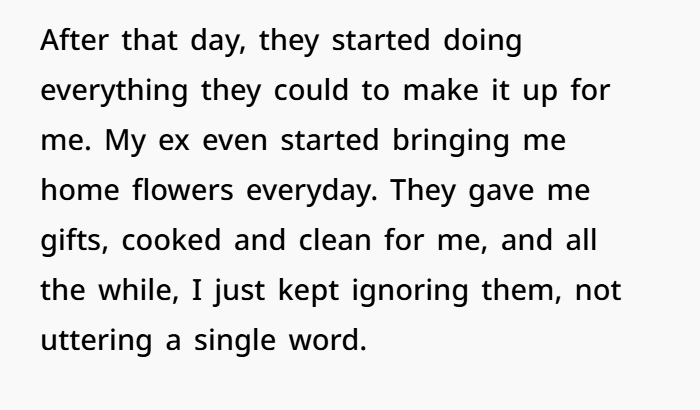
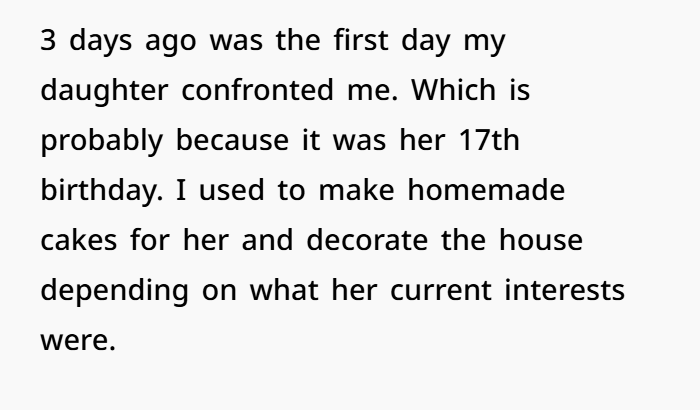
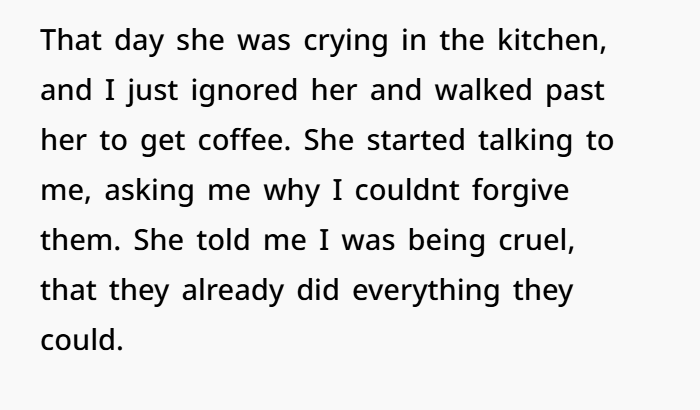


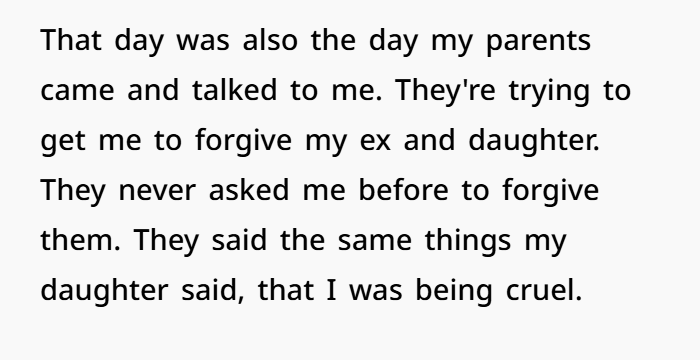
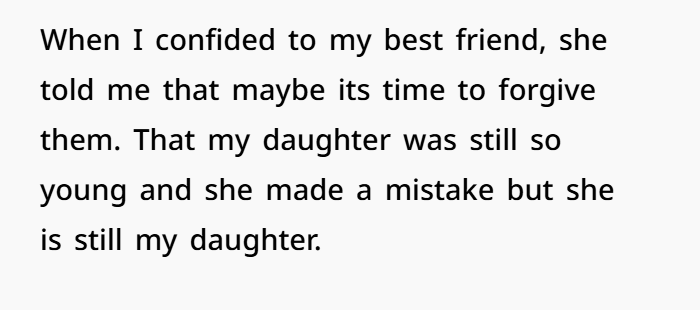
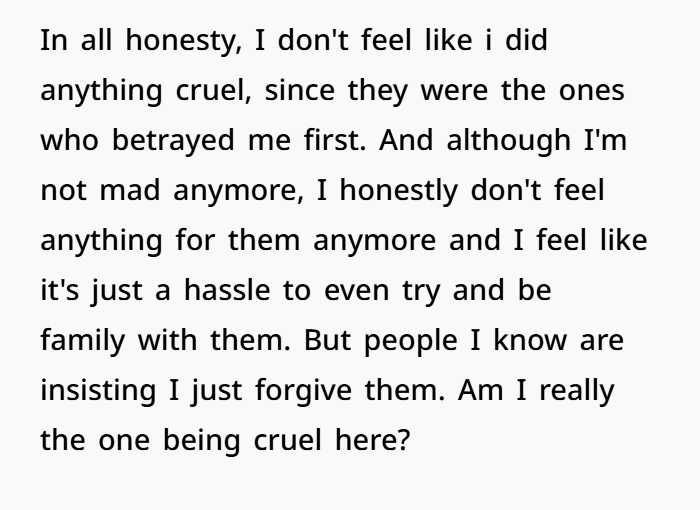
Parental Betrayal and Emotional Detachment
The betrayal by your daughter is a unique and particularly devastating aspect of this story. Research on family estrangement shows that betrayal from within the family can cause long-term emotional scars, often leading to detachment as a self-protective mechanism. This detachment isn’t necessarily cruelty—it can be a subconscious way of shielding yourself from further pain.
From a psychological perspective, your daughter’s youth (17 at the time) and lack of maturity might explain her actions. Adolescents often view the world through an idealistic and impulsive lens, failing to grasp the long-term consequences of their decisions. However, understanding this doesn’t automatically equate to forgiveness, especially when the betrayal feels as deeply personal as hers.
The Role of Your Ex-Husband
Your ex-husband’s behavior—cheating, leaving, and then returning when things didn’t work out with the “one that got away”—reinforces the narrative that his choices were self-serving. While he claims to love you and is making amends, his actions suggest a lack of foresight and accountability. His return might feel less like genuine regret and more like convenience, which could explain why his efforts fail to elicit an emotional response from you.
Forgiveness vs. Reconciliation
Forgiveness doesn’t necessarily mean reconciliation or rebuilding relationships. It can be a personal decision to let go of anger for your own peace of mind. However, reconciliation requires trust, respect, and mutual understanding—all of which might feel impossible in your current situation. Given your emotional numbness, it’s clear that the trust and emotional connection needed to rebuild these relationships have been severely damaged.
Social Pressure to Forgive
Your parents and best friend are advocating for forgiveness, likely because they view familial bonds as inherently valuable. However, forgiveness is a deeply personal process that can’t be rushed or forced by external pressure. Their insistence may stem from their discomfort with the fractured relationships, but it doesn’t necessarily reflect what’s best for you.
Legal and Ethical Considerations
There aren’t legal ramifications here, but there are ethical dimensions. A parent-child relationship is often considered sacred, and many would argue that a child’s mistakes—especially those made during adolescence—deserve grace. However, ethical considerations also involve self-preservation. Continuing to engage with relationships that feel one-sided or harmful to your well-being isn’t a moral obligation.
Here were the top rated comments from readers in response to the OP’s post:
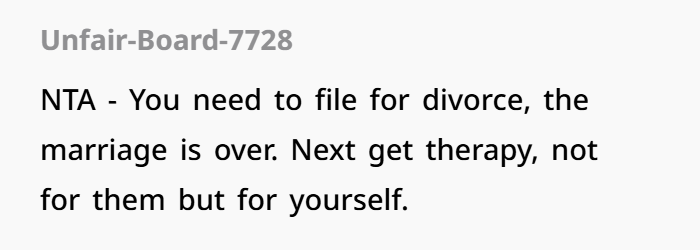
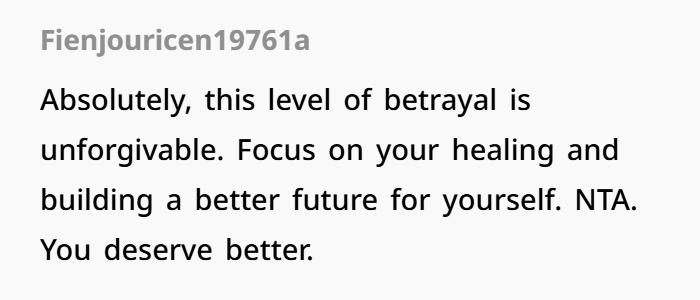
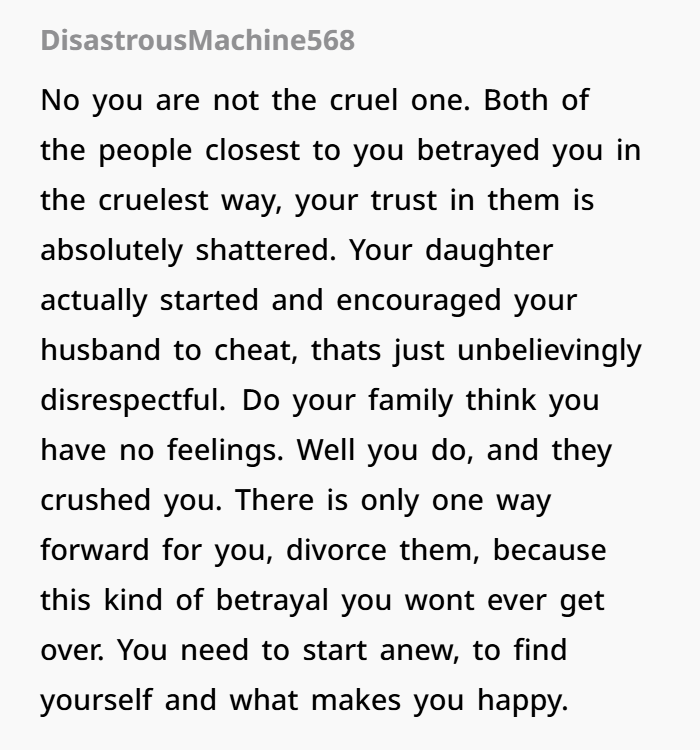

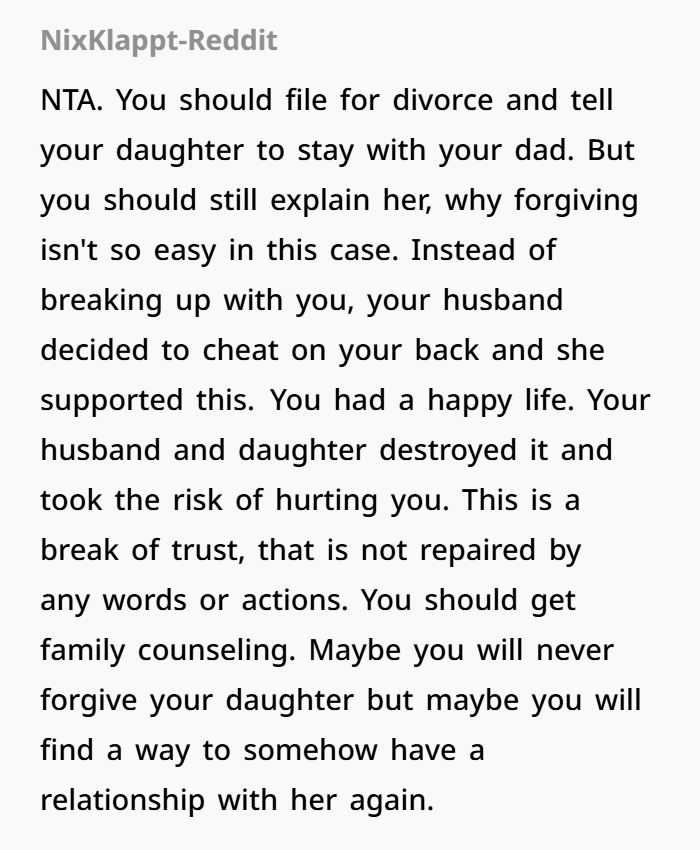
Taking care of yourself is not an act of cruelty to the other person but stepping up for yourself which gives you real strength to heal and become better than you were. Forgiving someone does not make you human but it is an obligation forced on you by society and does not make you less or more of a human being. Yet, rebuilding the rift seems like the idea that your daughter is trying to make a right for doing wrong, although she might not know that she is wronging you. It’s your call if you want to rebuild that relationship back. A few tiny steps: open communication, relationship therapy so you can see if it is feasible to reconcile or if the wiser move is to hold your boundaries? At the end of the day your emotions and need to heal deserve just as much respect as the demand for forgiveness.

